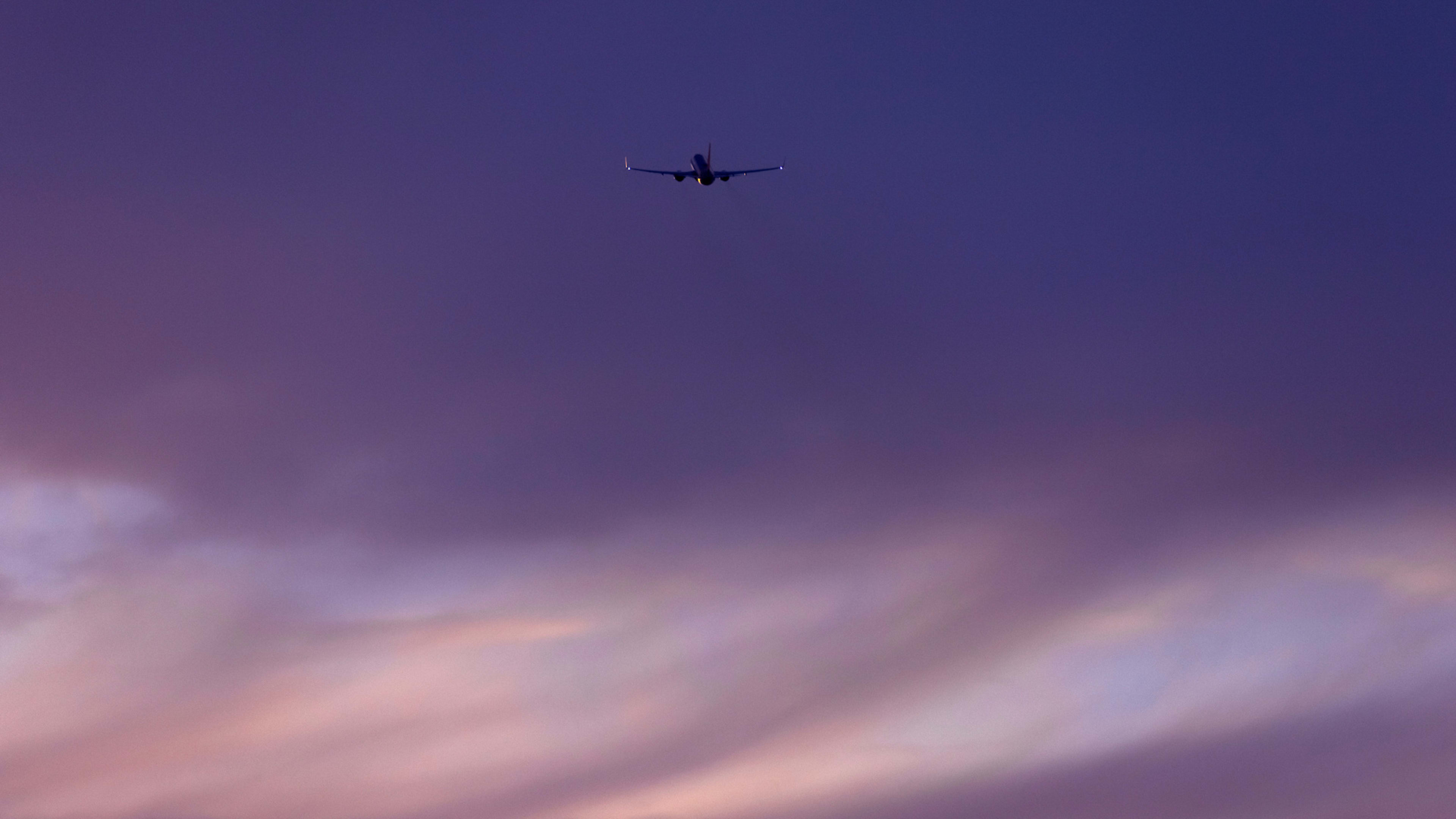The U.S. House of Representatives on Wednesday overwhelmingly passed a broad aviation bill to boost air traffic controller staffing, increase funding to avert runway close-call incidents, and speed refunds for canceled flights.
The 387-26 vote sends the $105 billion, five-year measure to reauthorize the Federal Aviation Administration (FAA) to President Joe Biden for his signature by Friday after the Senate approved it last week.
The bill prohibits airlines from charging fees for families to sit together and requires them to accept vouchers and credits issued in lieu of refunds for at least five years.
It also adds five daily round-trip slots at busy Washington National Airport, something that Delta Air Lines had heavily lobbied for.
In safety terms, it requires airplanes to be equipped with 25-hour cockpit recording devices, up from the current two hours, and directs the FAA to deploy advanced airport surface technology to help prevent collisions.
Efforts to boost aviation safety in the United States have taken on new urgency after a series of near-miss incidents, as well as January’s door plug mid-air emergency on an Alaska Airlines Boeing 737 MAX 9 flight.
The bill also will allow Boeing to continue to produce its 767 freighter for another five years through 2033 in the United States, giving it an exemption from efficiency rules taking effect in 2028.
The bill raises maximum civil penalties for airline consumer violations from $25,000 per violation to $75,000 and aims to address a shortage of 3,000 air traffic controllers by directing the FAA to implement improved staffing standards and to hire more inspectors, engineers and technical specialists.
The bill does not raise the mandatory pilot retirement age to 67 as House lawmakers had sought to do last year and retains pilot training requirements.
Congress will not establish minimum seat size requirements, leaving that instead to the FAA. The bill requires the Transportation Department to create a dashboard that shows consumers the minimum seat size for each U.S. airline.
Lawmakers also rejected many other consumer provisions the Biden administration had sought.
The bill also reauthorizes the National Transportation Safety Board (NTSB) and boosts staffing at the safety investigation agency. It also seeks to boost adoption of drones and flying air taxis into the national airspace and extends through Oct. 1 existing government counter-drone authority.
—David Shepardson, Reuters
Recognize your brand’s excellence by applying to this year’s Brands That Matter Awards before the extended deadline, June 14.
Sign up for Brands That Matter notifications here.
